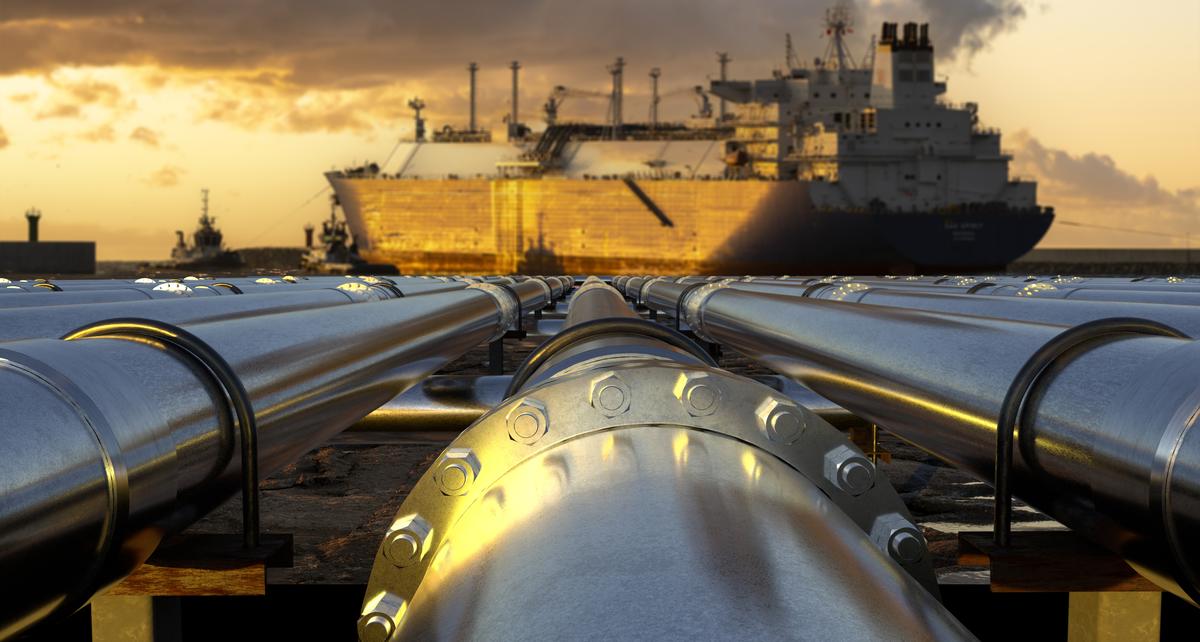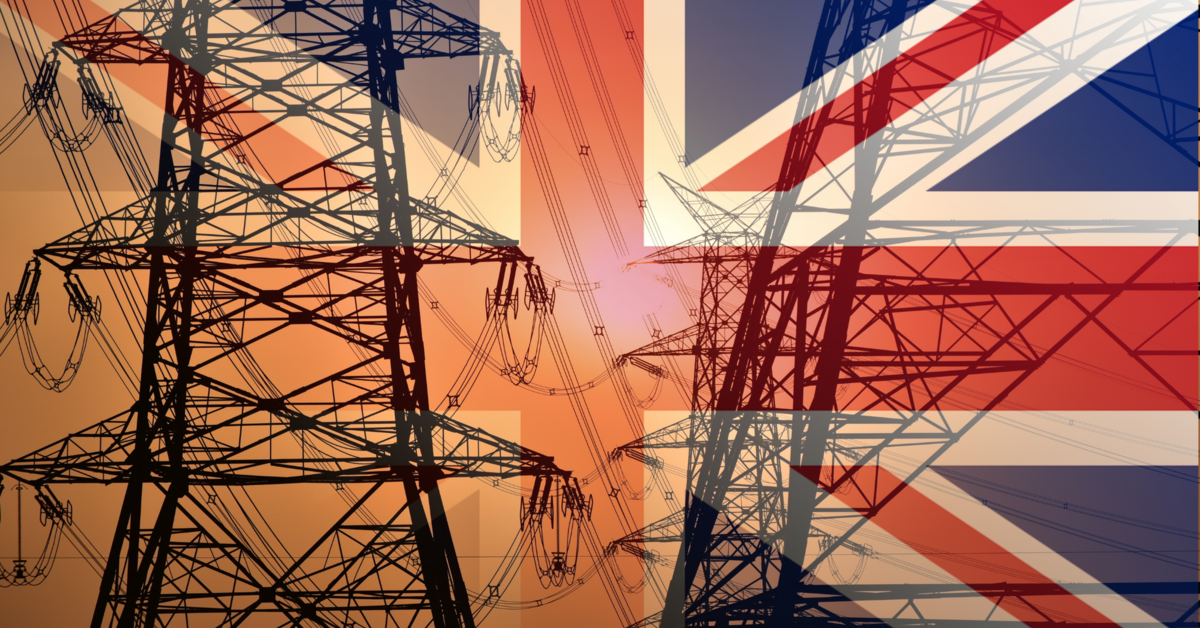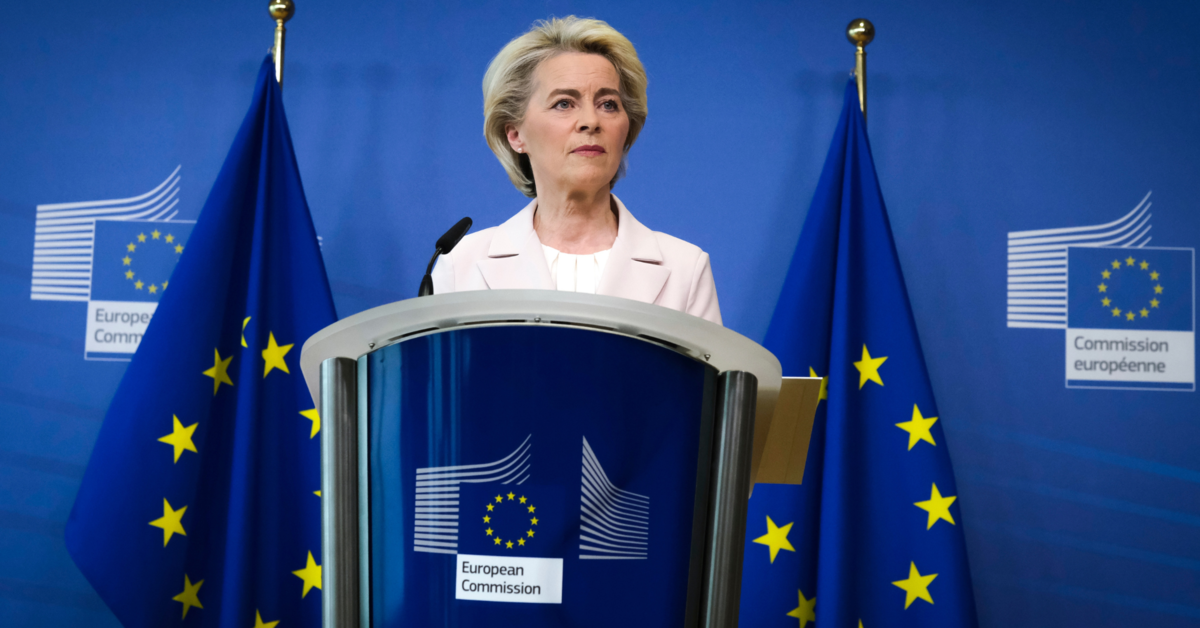This energy shock is bound to have a devastating impact on Europe’s industrial sector, jeopardizing its global competitiveness. While businesses warned damages could rapidly become irreparable, most governments and the European Commission deployed extraordinary measures to reduce power demand, and to the extent, possible shielded them from high energy costs.
Consumer concerns over the affordability of energy needs were addressed by numerous temporary caps on energy prices. They will also benefit from the redistribution of windfall earnings of the energy industry, meant to alleviate the plight of the neediest.
Most European countries have taken domestic steps to wean themselves off Russian gas supplies. They have also sought to shield households and industry from rising energy bills (exceptionally allowed under EU rules). The hope across Europe is to avoid supply disruptions and a winter of discontent resulting from the impact of high energy price inflation particularly affecting the most vulnerable.
Gas reserves were forcefully built up across Europe and lower-than-expected demand as a result of milder-than-expected temperatures led to a temporary stabilization of gas prices (albeit at substantially higher levels than pre-war). Continued adverse circumstances affecting the European energy market remain will make the next few months a test of the resilience and solidarity of the European energy network. Further mid to long-term solutions will have to be designed to both increase Europe's energy independence and further decarbonize its energy mix.
The recently announced temporary energy support packages provided by selected EU countries, Norway, the United Kingdom and Switzerland as well as by the European Commission itself will be implemented over the next few months and years:
DOWNLOAD COUNTRY BREAKDOWN ON RECENT ENERGY SUPPORT PACKAGES IN EUROPE



